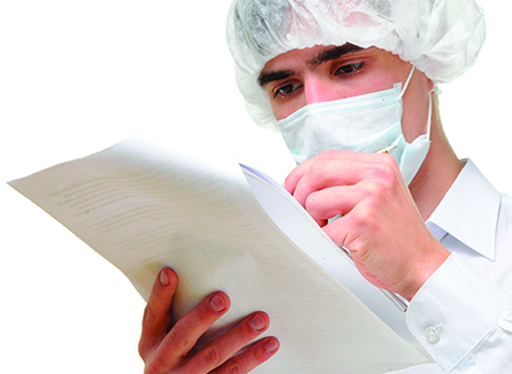1.4 Scientific uncertainty
In the next activity you will think about the accuracy of the experiment in Activity 1.
Activity 2 Reasons for uncertainty
There are all sorts of reasons why Activity 1 is not a really accurate scientific measurement. Think about these reasons. Is there anything you could do to reduce these uncertainties?
Write two or three sentences in the box below. Click ‘Save’ when you are satisfied with what you have written.
Answer
Whenever you do a scientific experiment, there are always uncertainties. It is never possible to measure everything with perfect accuracy. One of the skills of a practical scientist is estimating how close your result is likely to be to the perfect value. The uncertainties are pretty big here!
You probably considered:
- the uncertainties in measuring the volume (and, therefore, the mass) of water in your spoon
- the issue in determining the exact starting temperature of the water
- the fact that the peanut did not burn away completely – some energy must have been left in the peanut
- the fact that some of the energy from the peanut did not go into heating the water, but went into heating the spoon, whatever you held the peanut with and the air around it.
The ‘official’ value for the energy from one whole peanut is just over 7 kcal. How does your result compare with that?

